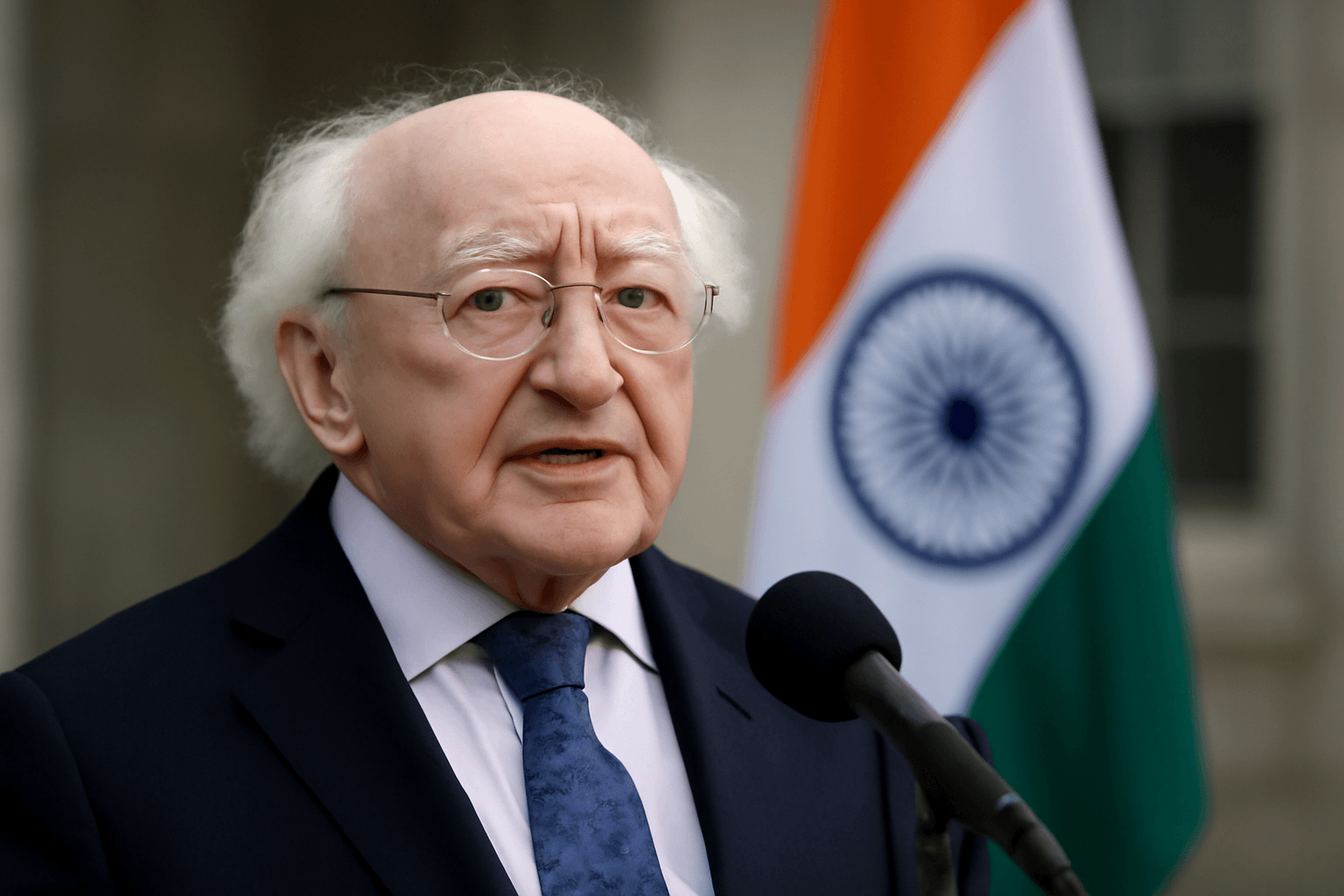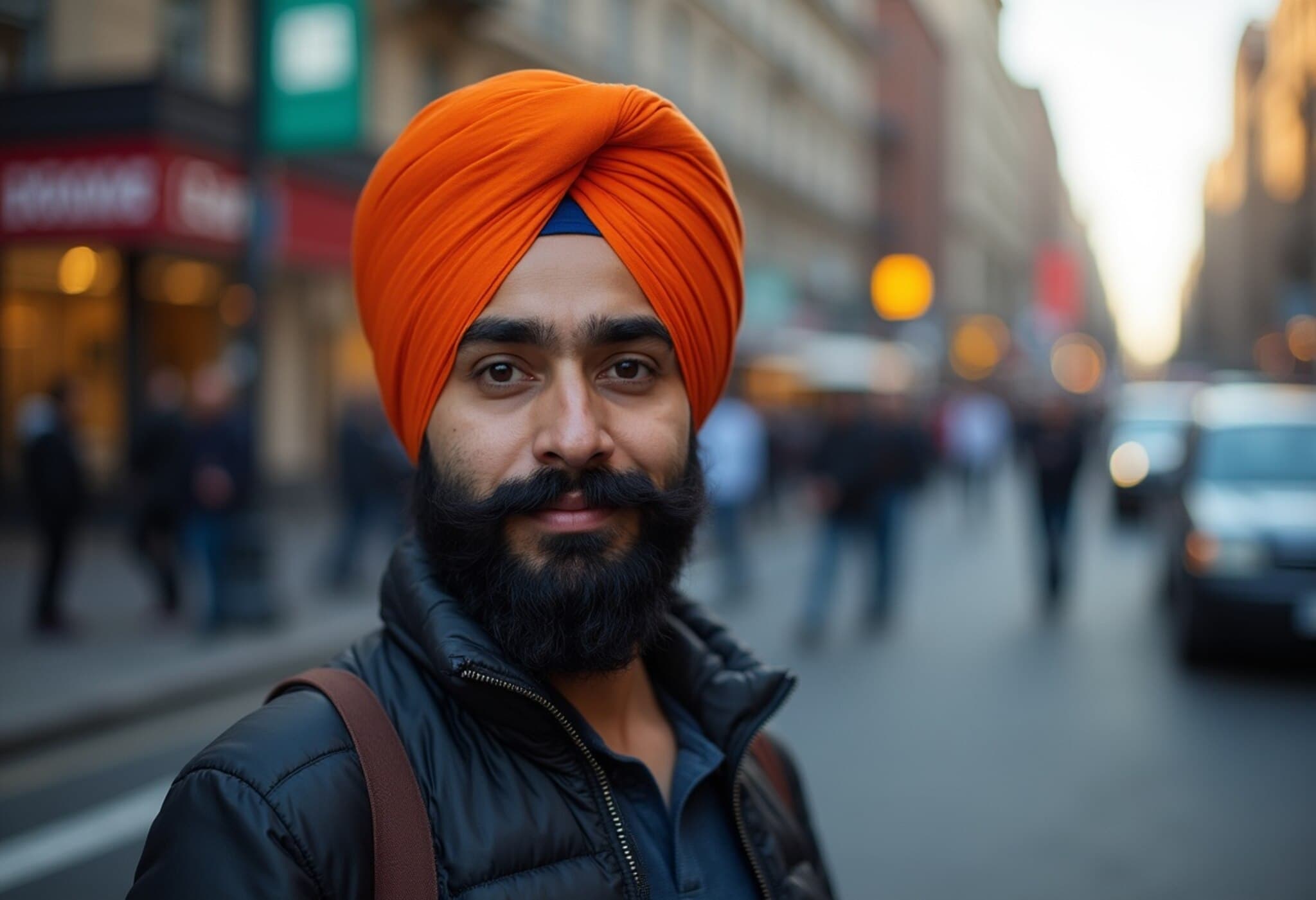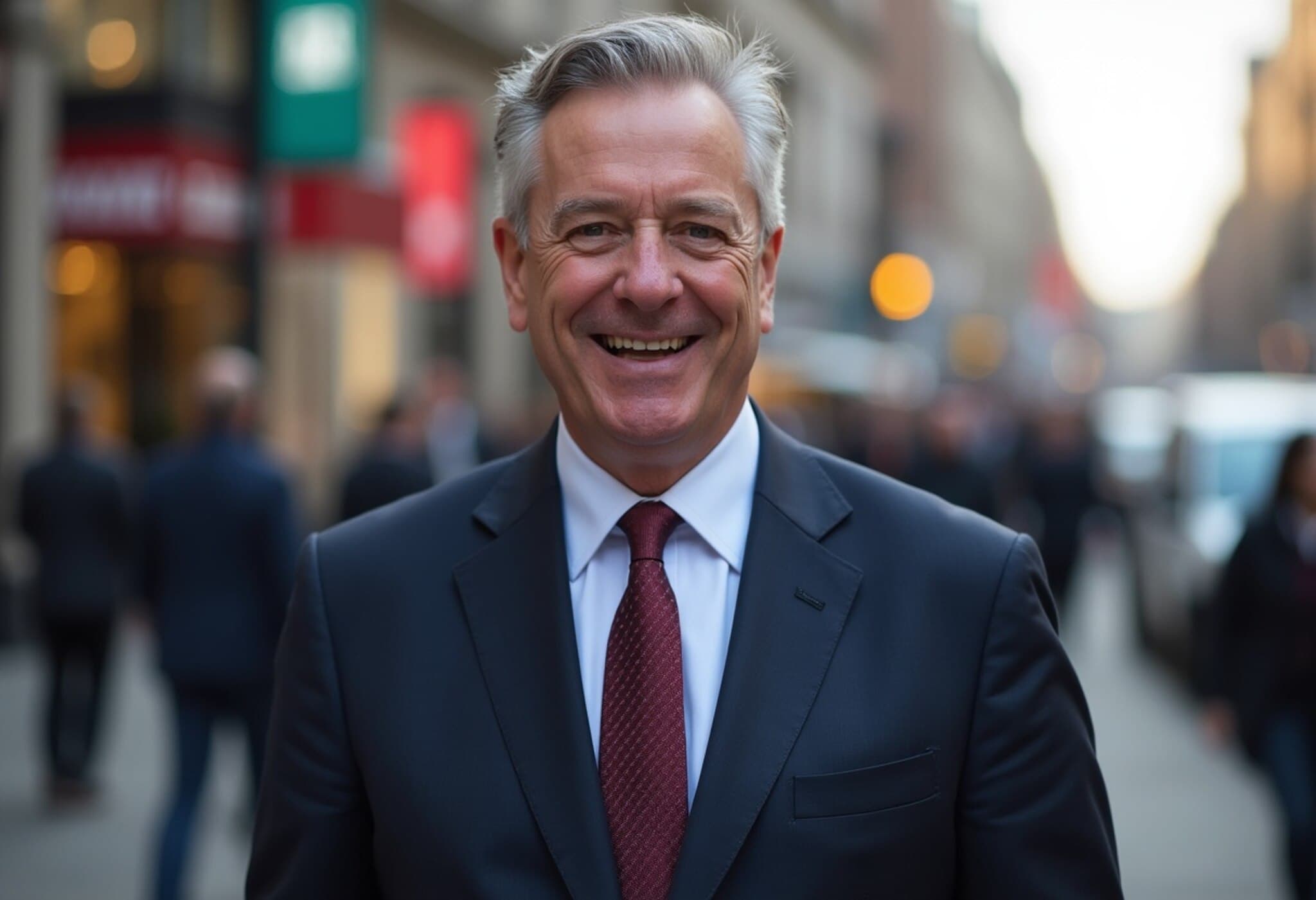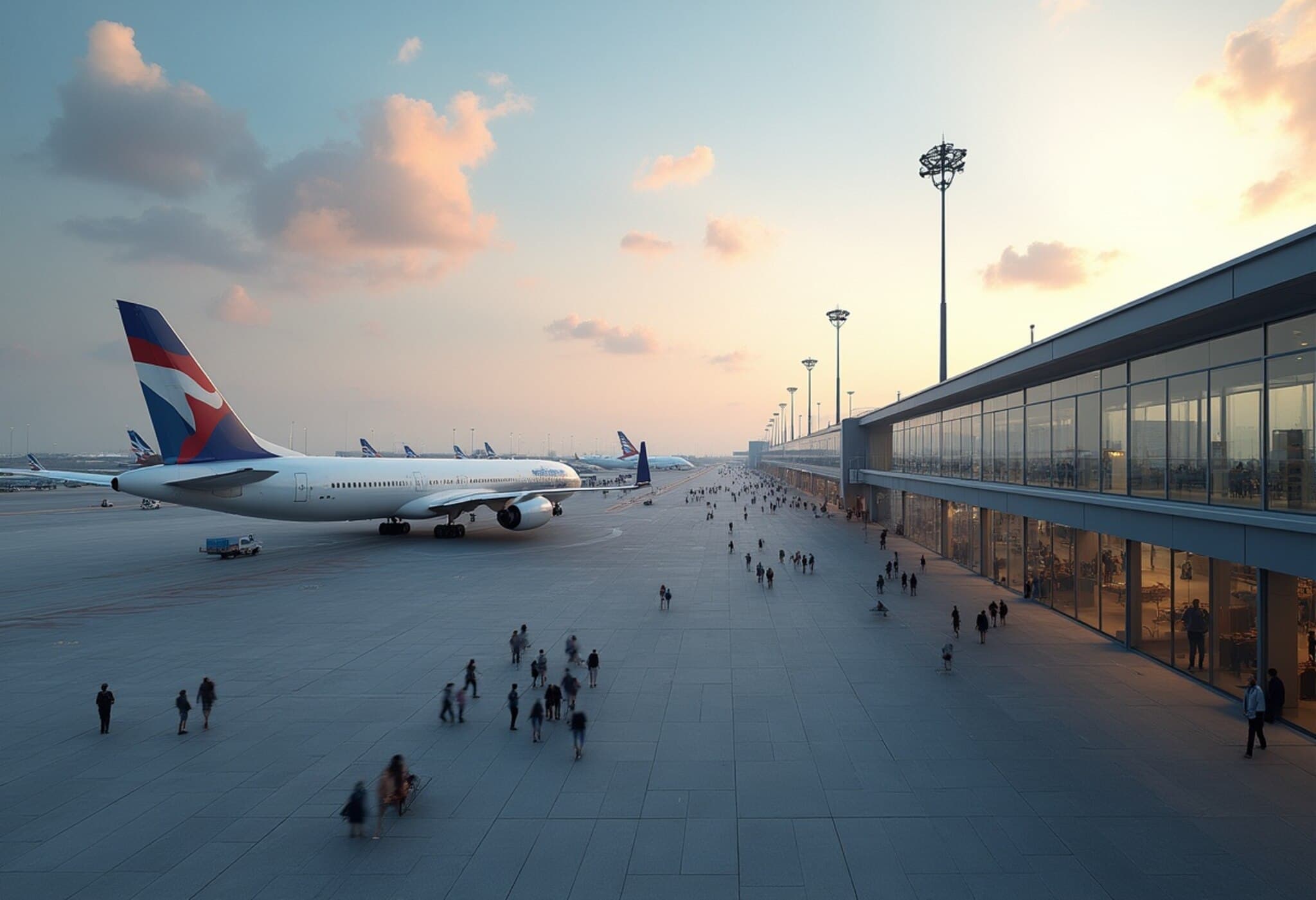Outrage at Heathrow Airport: A British Woman's Controversial Social Media Post
Heathrow Airport recently became the center of a heated debate after Lucy White, a Cambridge-educated public policy specialist, posted a tirade on the social media platform X (formerly Twitter), criticizing Indian and Asian employees at the airport. She claimed that the majority of the staff did not speak English and called for their deportation—comments that instantly ignited a firestorm of online criticism and sparked a broader conversation about race, immigration, and work in the UK.
What Happened?
Upon arrival at Heathrow, White tweeted her frustration:
"Just landed in London Heathrow. Majority of staff are Indian/Asian & are not speaking a word of English. I said to them, 'Speak English.' Their reply, 'You’re being racist.' They know I’m right, so they have to use the race card. Deport them all. Why are they working at the first point of entry to the UK?! What must tourists think…"
Her post quickly went viral, drawing condemnation for what many called a xenophobic and ignorant stance.
Netizens Respond: Condemnation and Contextual Insight
Comments flooded in, many challenging White’s claims and highlighting systemic realities behind employment at Heathrow:
- Language and job qualifications: Many pointed out that airport staff undergo strict scrutiny—including language proficiency tests—to ensure they can effectively communicate with international travelers.
- Economic and immigration realities: Several users noted that local British workers often don’t fill these positions, leading to recruitment from immigrant communities who bring not only language skills but also cultural competency crucial in a global hub.
- Race and workplace diversity: Users underscored that calling out an entire ethnicity based on a few interactions risks reinforcing harmful stereotypes and ignores the complexity of multicultural workplaces.
Some comments reflected nuanced frustrations with bureaucratic inefficiencies but rejected racial generalizations. Others mentioned similar situations in airports and public services across other Western countries, highlighting a global tension around migration and integration.
Expert Analysis: Understanding the Roots of Such Outbursts
This incident is emblematic of wider societal challenges in integrating immigrant populations into economies and communities. Experts in social policy emphasize:
- Perception vs. Reality: Language barriers can be frustrating, especially in high-stress travel environments, but isolated experiences are not indicative of entire groups.
- Economic gaps: Many native workers may avoid roles perceived as low-paying or precarious, creating labor shortages filled by immigrants who often accept such jobs.
- The xenophobia nexus: Public platforms sometimes amplify underlying racial prejudices, making it essential to foster informed dialogue about immigration and labor dynamics.
Professor Jane Andrews, a sociologist specializing in migration at London School of Economics, reflects, “Incidents like this reveal not only interpersonal misunderstandings but also deeper social anxieties about nationality and identity in a globalized world.”
Broader Implications for UK Labor and Society
The Heathrow episode underscores a delicate balance for the UK, which relies heavily on immigrant labor in service industries, especially in a post-Brexit context with tighter immigration controls. Policymakers face the challenge of:
- Ensuring workplace diversity while promoting social cohesion
- Addressing public concerns without inflaming xenophobic sentiments
- Recognizing the essential role immigrants play in sustaining key sectors like travel and hospitality
Moreover, this moment invites a reflection on how multiculturalism manifests in everyday spaces and the importance of cultivating mutual respect and understanding.
Voices Often Overlooked
What’s missing from much of the online uproar is acknowledgement of the staff’s perspective—employees who often work long hours managing complex situations with diverse travelers. Recognizing their humanity and dedication is crucial in countering reductive narratives that fuel division.
Editor’s Note
This episode at Heathrow serves as a microcosm of ongoing tensions around immigration, identity, and employment in multicultural societies. It challenges us to question initial biases and look beyond surface frustrations to the systemic factors at play. As travel hubs become increasingly globalized, fostering empathy and informed conversations remains essential to bridging divides and appreciating the vital contributions of diverse communities.















